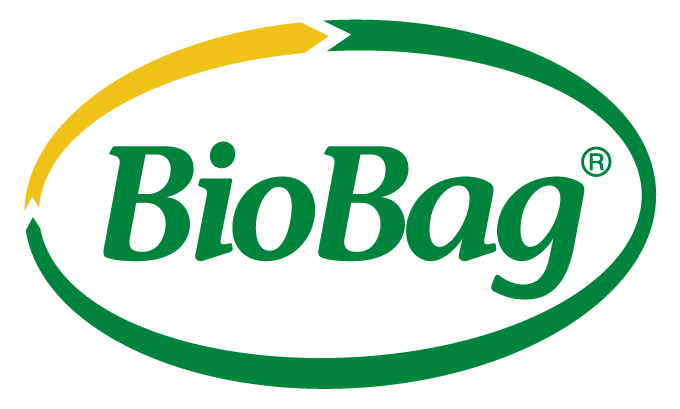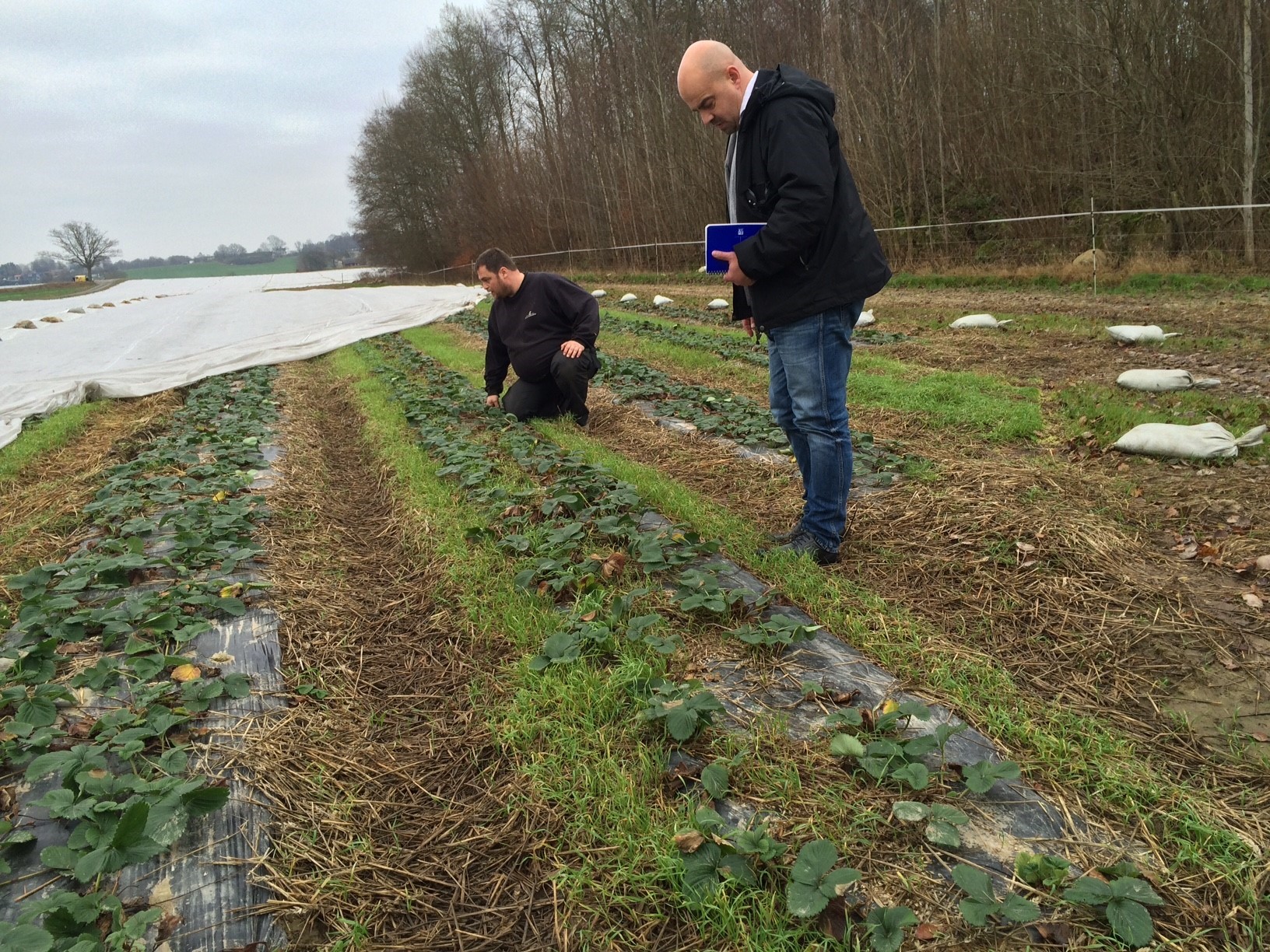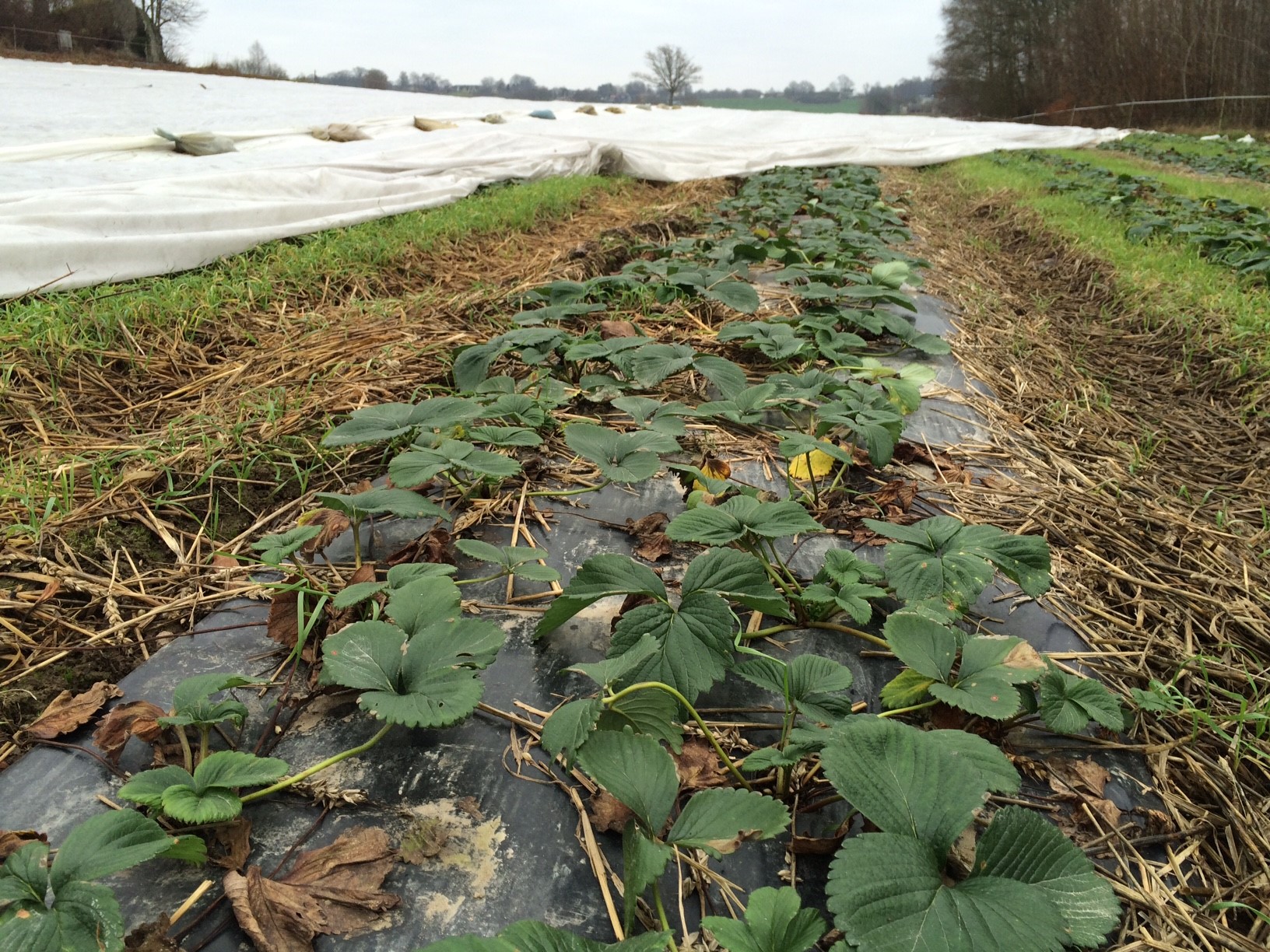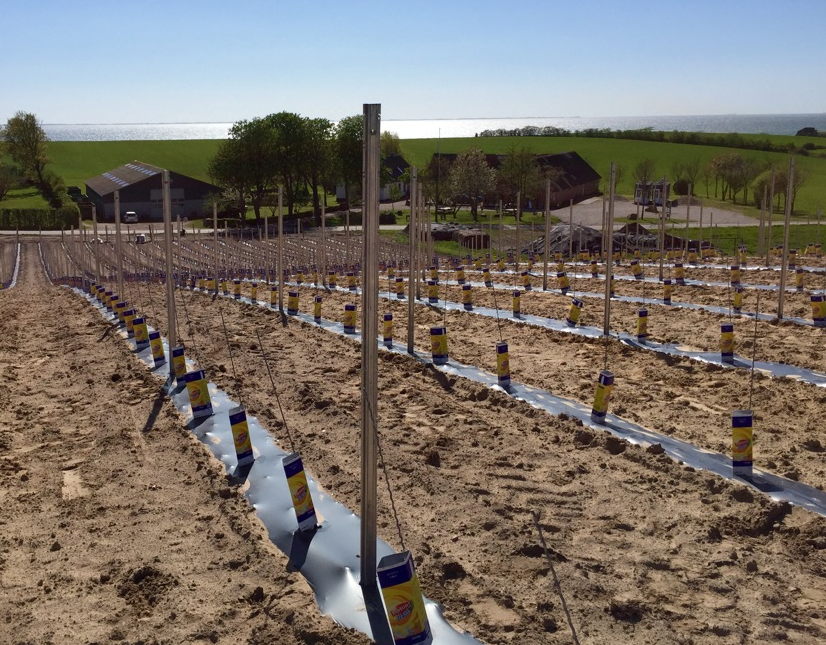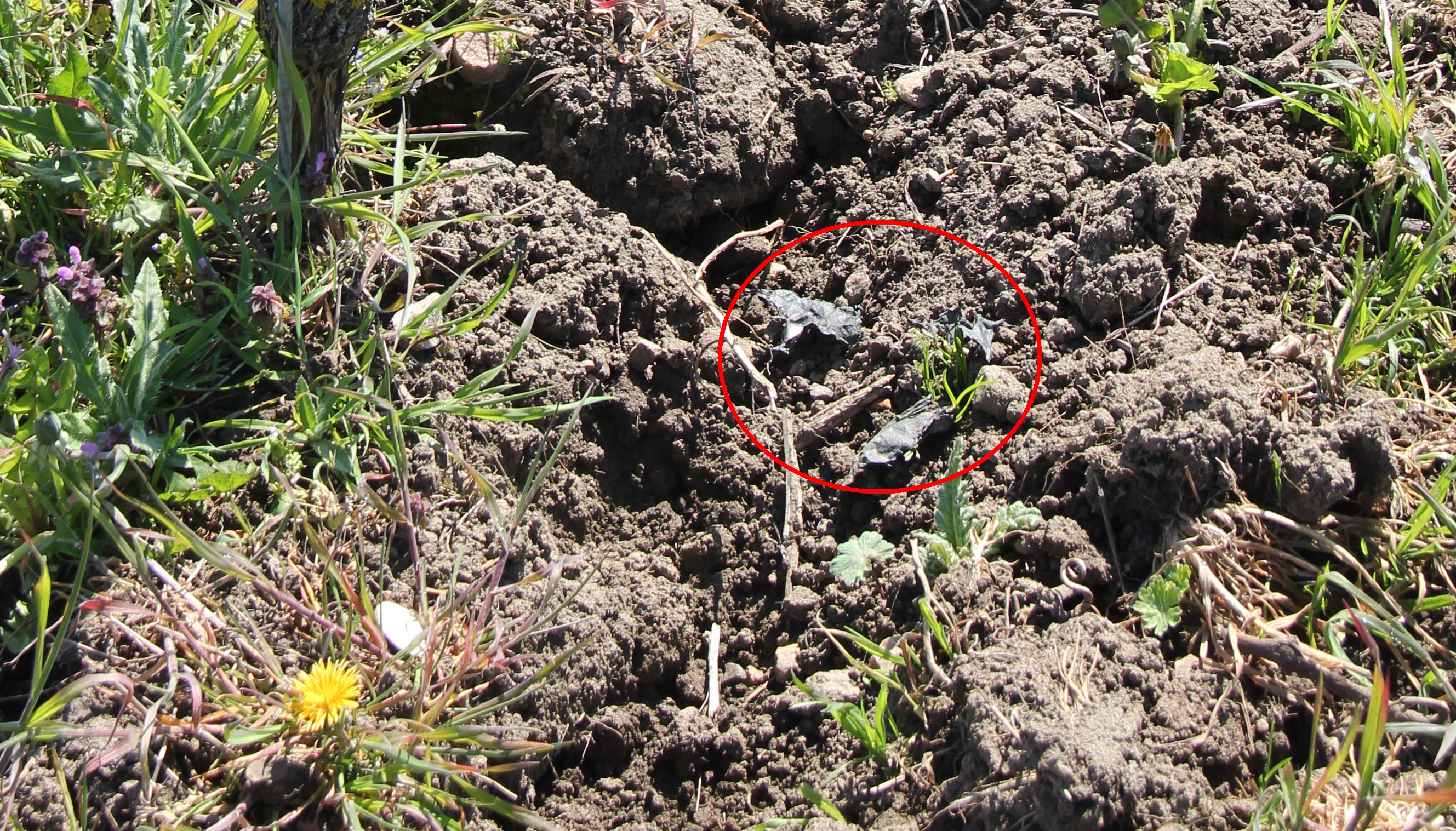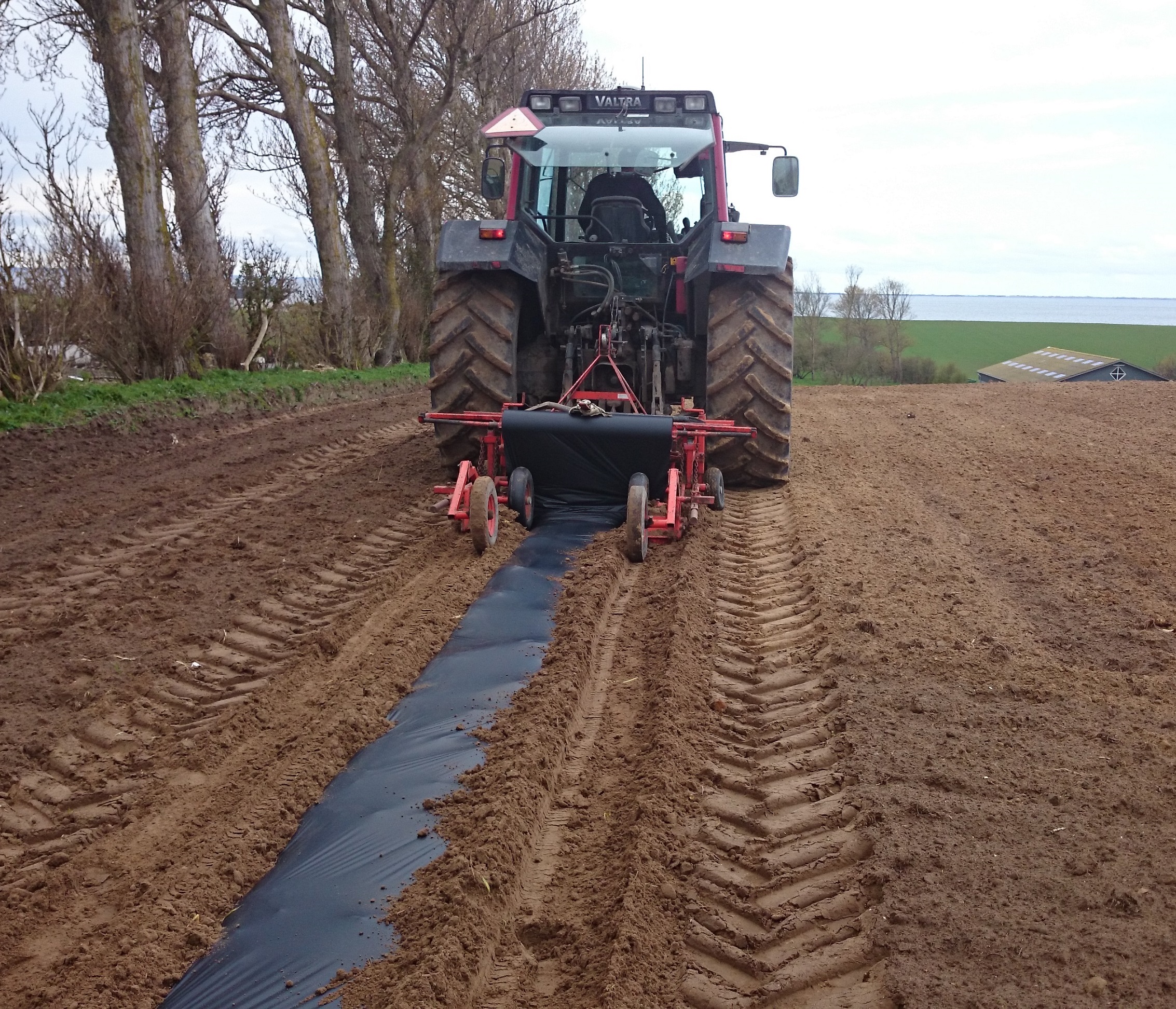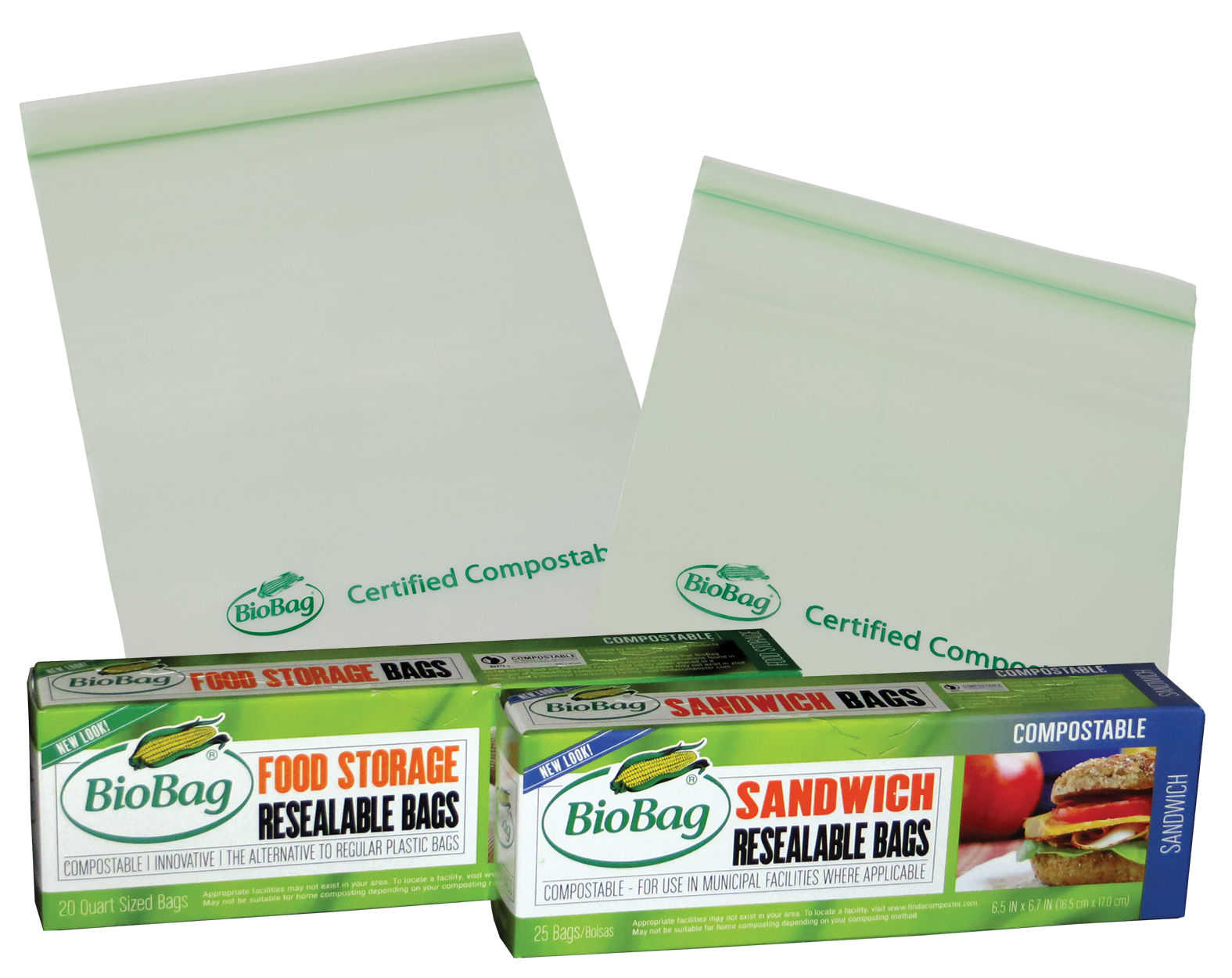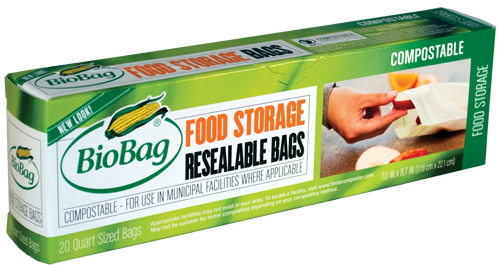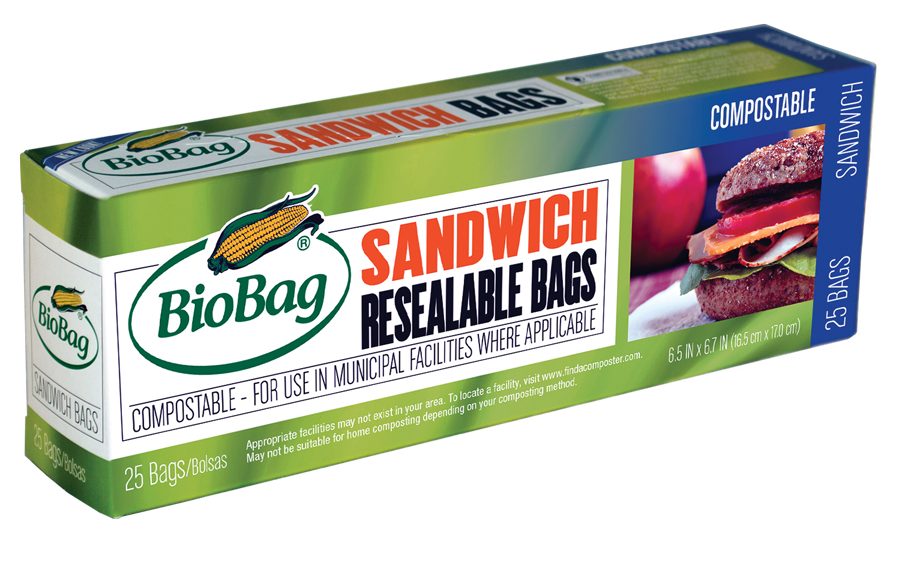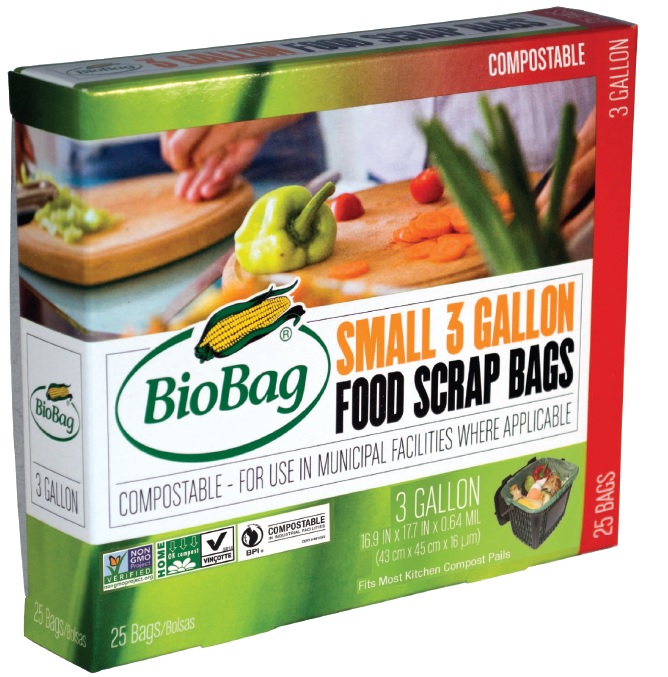
BioBag, a world leader in providing bags for the collection of organic waste for the purpose of composting, is proud to announce that the company’s 3 Gallon Food Scrap Bags and 13 Gallon Food Scrap Bags have been Non-GMO Project Verified. The company is also in the process of verifying their compostable commercial liners and produce bags.
“BioBag makes compostable bags from a resin based on agriculture resources, including corn, which is a focal point of our logo and something we get asked about frequently. This verification by the Non-GMO Project is important to us to showcase to our customers our commitment to sourcing and supporting non-GMO crops,” said Jennifer Pope, Vice President of Marketing for BioBag.
The Non-GMO Project is the leading third-party non-GMO verification system in the United States. Products must meet strict criteria for GMO avoidance to achieve verification. Even though BioBag is an international company, and their products have established third-party non-GMO verification from international sources since the company’s inception in the early 2000’s, they knew how essential it would be to the U.S. market to meet the Non-GMO Project Standard.
“The verification label is predominantly seen on consumable food products, but we went the extra mile to certify our non-food products to align with consumer preferences and natural food retailer initiatives for non-GMO here in the U.S.,” said Pope. “It was a rigorous process for us and our supplier, but we are excited now to have the butterfly adorn our products.”
The announcement from BioBag Americas coincides with the 8th annual celebration of Non-GMO Month in October. The Non-GMO Project butterfly is the fastest-growing label in the natural products industry and represents more than 40,000 verified products. The butterfly will begin to appear on BioBag’s packaging and marketing materials in the coming months alongside their other notable certifications by the Biodegradable Product Institute for municipal compostability and Vincotte’s OK Compost Home for home compostability. Earning all three badges propels BioBag to further leadership status within their category.
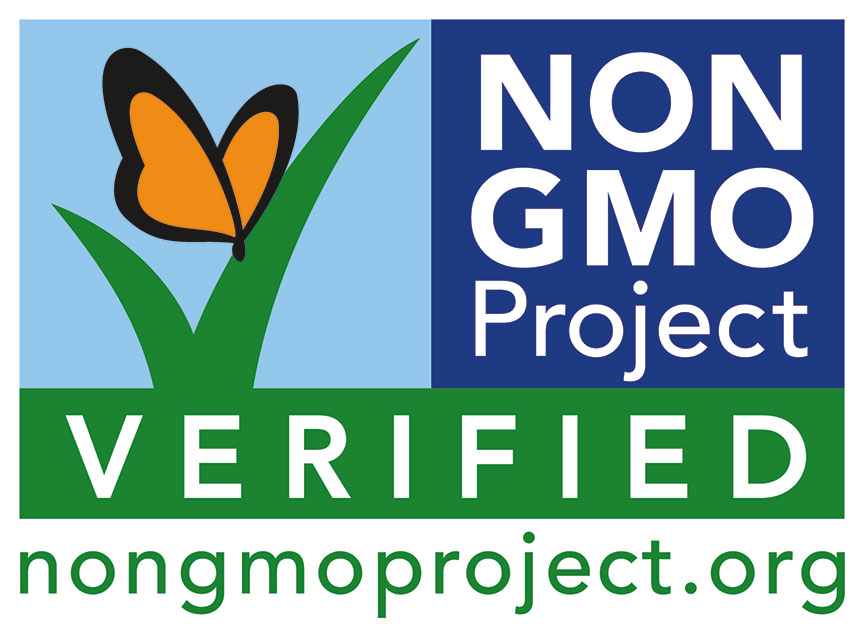
About BioBag Americas, Inc.
BioBag is a world leader in providing bags and films for the collection of organic waste for the purpose of composting. Its mission is to keep organic waste from ever entering a landfill. Unlike regular plastic bags, BioBags are made from a resin derived from plants, vegetable oils, and compostable polymers and can be consumed by micro-organisms that live in our soils. Because of this, BioBags compost readily along with organic waste at municipal composting facilities. BioBag is not a large, petroleum-based, plastic bag manufacturer that now conveniently dabbles in the new world of compostable bags. BioBag is a small company of dedicated employees who are fully committed to only producing certified compostable bags and films. Additional information can be found at www.biobagusa.com.
About the Non-GMO Project
www.nongmoproject.org
